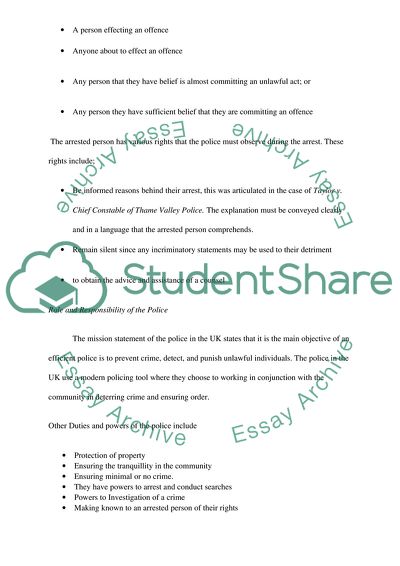Cite this document
(“Criminal court process in United Kingdom Essay Example | Topics and Well Written Essays - 2500 words”, n.d.)
Criminal court process in United Kingdom Essay Example | Topics and Well Written Essays - 2500 words. Retrieved from https://studentshare.org/law/1690765-criminal-court-process-in-united-kingdom
Criminal court process in United Kingdom Essay Example | Topics and Well Written Essays - 2500 words. Retrieved from https://studentshare.org/law/1690765-criminal-court-process-in-united-kingdom
(Criminal Court Process in United Kingdom Essay Example | Topics and Well Written Essays - 2500 Words)
Criminal Court Process in United Kingdom Essay Example | Topics and Well Written Essays - 2500 Words. https://studentshare.org/law/1690765-criminal-court-process-in-united-kingdom.
Criminal Court Process in United Kingdom Essay Example | Topics and Well Written Essays - 2500 Words. https://studentshare.org/law/1690765-criminal-court-process-in-united-kingdom.
“Criminal Court Process in United Kingdom Essay Example | Topics and Well Written Essays - 2500 Words”, n.d. https://studentshare.org/law/1690765-criminal-court-process-in-united-kingdom.


